Category: Best Practices for Merchants
December 1st, 2015 by Elma Jane
As business analysts review 2015 Black Friday and Cyber Monday statistics, many have observed the former day-long events have become online, week-long, and season-long promotions.
Total spend in 2015 between Thanksgiving and Black Friday reached $12.3 billion, with almost $2 billion on Thanksgiving Day alone.
Thanksgiving holiday will never change, it is clear that the age-old holiday tradition of heading out to stores with family and friends is now equally matched in the new tradition of looking online for holiday savings opportunities.
Black Friday in-store sales in 2015 remained relatively flat while online sales increased by 14 percent to $4.45 billion, with half of all purchases initiated on mobile devices.
IBM reported a new mobile milestone in 2015: purchases made on mobile devices on Black Friday exceeded desktop spend for the first time. The survey also revealed 57 percent of sales in the opening days of the holiday season were made online.
The National Retail Federation acknowledged a 5.2 percent decrease in in-store traffic between Thanksgiving Day and Sunday, with 133.7 consumer shoppers in 2015 compared with 141.1 million in 2014. NRF members expect overall holiday spend to reach $630.5 billion in 2015, with 46 percent of that spent online.
Posted in Best Practices for Merchants
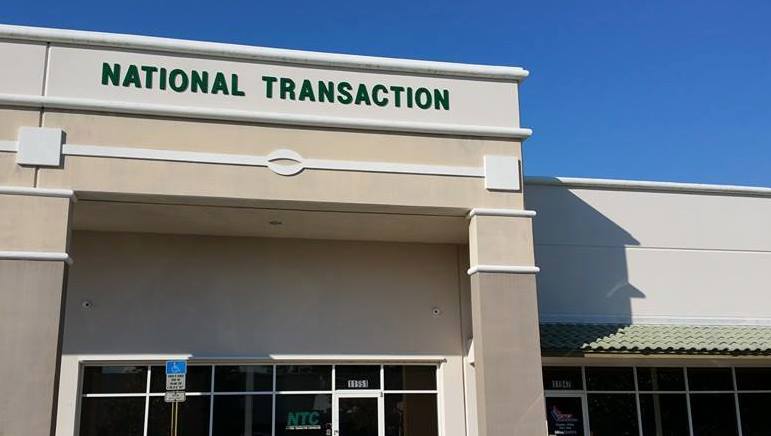
December 1st, 2015 by Elma Jane
Merchant account Aggregators has one merchant account that they let people use. You get quick setup, and get shut down quickly. A post approval risk management technique!
What’s the problem with Aggregators? If anything unusual happens their only recourse is to freeze your account entirely or hold your money. Most Aggregators are hard to get hold of because they don’t have human customer support.
Visa and MasterCard monitor Aggregators very closely. Once an individual or business sells more than $100,000, they force the Aggregator to issue individual, traditional Merchant Accounts for the business.
Aggregator is not intended as a long term, scalable solution to accepting payments.
While Aggregators have a One to Many structure, Traditional Merchant Accounts like National Transaction have a One to One structure. Traditional Merchant Accounts are not balancing the risk of your account against others, they want details on your specific situation before they give you a Merchant Account.
Traditional Merchant Account look at three things:
Your personal history “credit”, your business history if you have one and your business model. If you are working with the Right Merchant Account provider, they will know your business and understand the risk before you accept cards. They have other options to mitigate the risk than simply freezing funds or closing your account.
Why you may want to consider National Transaction over Aggregators, of the thousands of Merchant Account providers out there, only about 1% of them consider themselves High Risk Providers like National Transaction, which despite the abrasive term, are the ones who do effective underwriting.
Give us a call now at 888-996-2273 https://www.nationaltransaction.com/
Posted in Best Practices for Merchants Tagged with: aggregators, High Risk Providers, MasterCard, merchant account, payments, visa
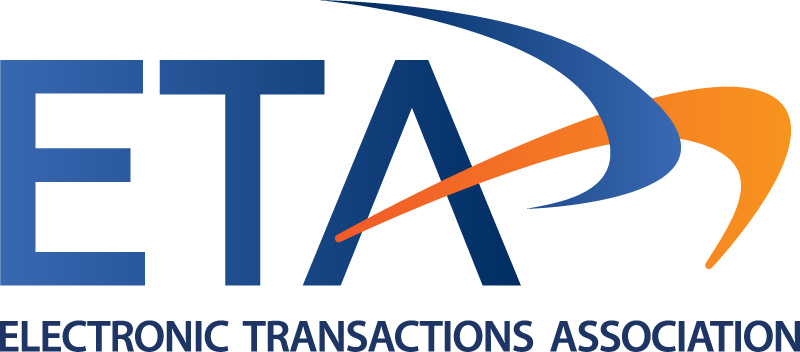
November 30th, 2015 by Elma Jane
Electronic Transactions Association (ETA) Upcoming Webinar
Hosted by Agreement Express CEO Mike Gardner and the Electronic Transactions Association December 2nd, 1PM.
Attendees will learn:
- How to onboard merchants faster
- How to make smarter underwriting decisions in less time
- The difference between onboarding quickly and onboarding well
- Key insights into how to win the race against innovative new payments processors
- What to avoid in order to be a long-term force in the payments industry
Click here for more info http://eo2.commpartners.com/users/eta/session.php?id=17159
Posted in Best Practices for Merchants Tagged with: merchants, payments industry, payments processors
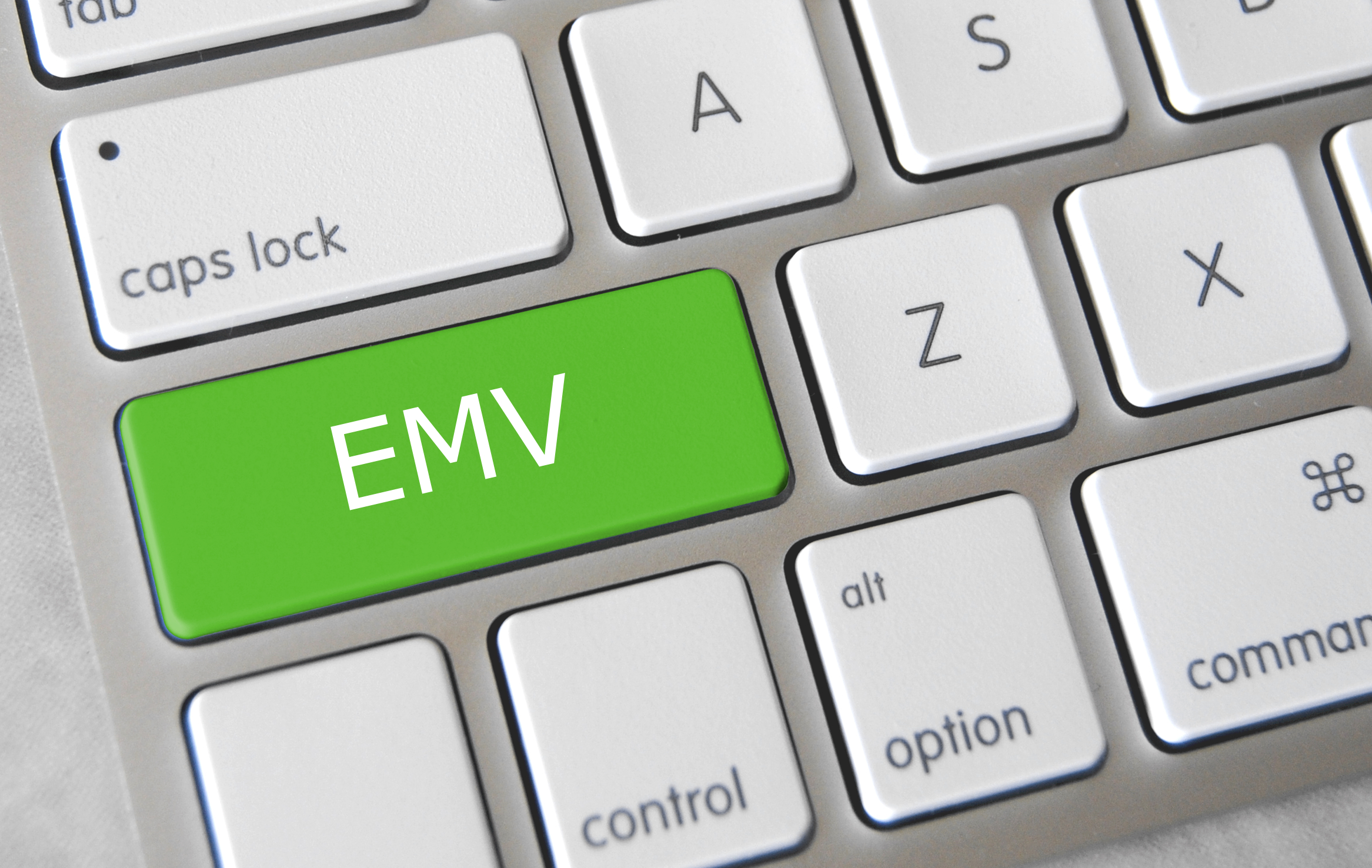
November 30th, 2015 by Elma Jane
Cybercriminals will continue to look for opportunities to steal payment information. Despite the superior security features associated with EMV technology, chip cards may still be vulnerable to certain types of fraud.
An EMV chip does not stop lost or stolen cards from being used in card-not-present transactions. Merchants who deal in card-not-present transactions like sales over the telephone or via the Internet are encouraged to adopt additional security measures to ensure the authenticity of cards used for transactions. The strength of the U.S. e-commerce market makes card-not-present fraud an equally important security issue that card issuers and merchants need to consider in the shift to chip cards for point-of-sale transactions.
Retailers and service providers who deal in card-present transactions are reminded that upgrading to EMV terminal at the POS is the best way to protect their customers and their business from fraudulent transactions.
EMV cards are available as either chip-and-PIN (requiring the cardholder to enter their personal identification number to complete a transaction) or chip-and-signature (requiring the cardholder’s signature), U.S. banks have primarily chosen to issue chip-and-sign cards for now.
While 59 percent of US adults have already received a new chip card, only 41 percent of them know its benefits and only 37 percent say their card issuers explained how to use the chip cards.
Posted in Best Practices for Merchants, e-commerce & m-commerce, EMV EuroPay MasterCard Visa, Point of Sale Tagged with: card issuers, Card Not Present transactions, card-present transactions, cardholder, e-commerce, EMV, EMV terminal, merchants, point-of-sale transactions, POS, Service providers
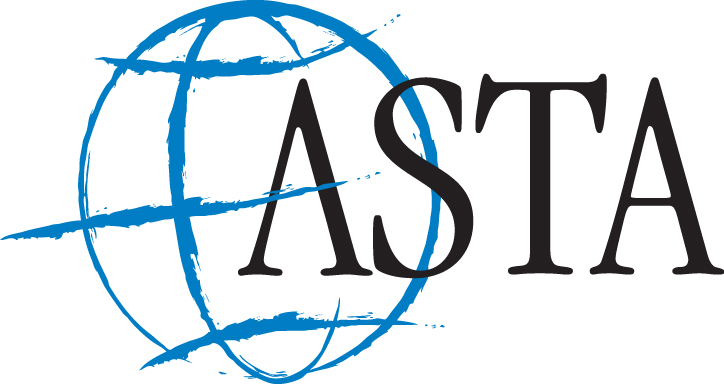
November 30th, 2015 by Elma Jane
ASTA American Society of Travel Agents presents The Looming Passport Crunch Tue, Dec 1, 2015 2:00 PM – 3:00 PM EST
Click Here for more info https://attendee.gotowebinar.com/register/8699341866862946817
Posted in Best Practices for Merchants, Travel Agency Agents Tagged with: travel, travel agents
November 23rd, 2015 by Elma Jane
To our customers that are having difficulties installing ConvergeConnect and setting up the Ingenico iSC250 there’s new resources to help you get started:
- ConvergeConnect Quick Install Guide – This is now being added to the Ingenico iSC250 box in deployment and includes quick instructions for setup. The ConvergeConnect system requirements made it clear that customers should download the software before plugging in the device.
- ConvergeConnect Install and Setup Guide – This version includes visuals of the ConvergeConnect installation process and instructions for configuring Converge. Now available on http://www.paymentstartnow.com/
System requirements for ConvergeConnect are:
- Operating System: Windows 7 and higher
- Browsers: Internet Explorer 10 and higher or Google Chrome 45 and higher
- Java: Latest version is recommended
Posted in Best Practices for Merchants

November 20th, 2015 by Elma Jane
LG is planning to launch its mobile payment service by December in a bid to compete in the global mobile payment market that is already dominated by tech majors such Apple Pay, Samsung Pay and Android Pay. The service solution dubbed as LG Pay. Some observers have said it will likely follow Samsung to the US, as well since it has trademarked the product name both at its homeland, South Korea and United States. The company broke the news in its Facebook page.
Posted in Best Practices for Merchants, Mobile Payments Tagged with: Android Pay, Apple Pay, global mobile payment, mobile payment, Samsung Pay
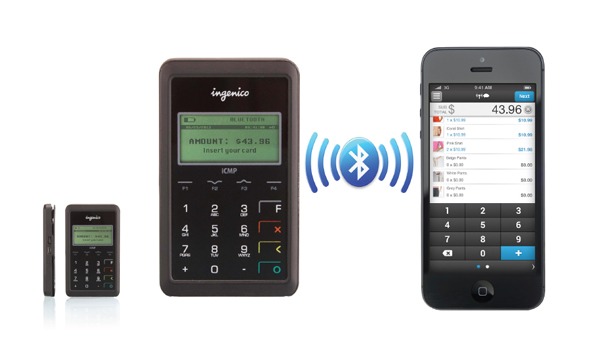
November 19th, 2015 by Elma Jane
The Ingenico iCMP PIN pad is now available with Converge in the US! This EMV-enabled device is flexible to use with a USB connection and Converge or with a Bluetooth connection and Converge Mobile (launching soon!).
Key features of the Ingenico iCMP include:
Chip, Contactless and Mag Stripe
Accept EMV chip cards, including Chip & Pin and Chip & Signature as well as mag stripe cards and contactless payments – mobile wallets like Apple Pay and contactless cards. The EMV-capabilities of the PIN pad help protect our customers from counterfeit card fraud.
Debit and Credit PIN Based Transactions
Accept debit and credit cards using PIN capabilities on the device. This is important to help further protect our customers from lost, stolen and NRI (not received/issued) fraud.
Encryption
Encrypted to keep card data separate and away from the mobile app/device and safe as it travels through the payment network.
Bluetooth or USB
Connect with a USB connection when using a computer and Converge www.convergepay.com or Bluetooth when using with the upcoming Converge Mobile app.
Pocket size
Takes up little space on a countertop, and it’s easy to carry when on the go.
Give us a call now at 888-996-2273.
Posted in Best Practices for Merchants Tagged with: Apple Pay, card data, Chip & PIN, Chip & Signature, chip cards, contactless cards, contactless payments, Converge, Converge Mobile, credit cards, Debit and Credit, EMV, encryption, ingenico, mag stripe, mobile wallets, payment network, transactions

November 19th, 2015 by Elma Jane
Cyphort Advance Malware Defense, the next generation Advanced Persistent Threat (APT) defense company, recently analyzed the top financial malware threats cybercriminals are using to target electronic payment systems. This will raise awareness of the dangers they present.
Most dangerous financial malware threats of 2015:
Zeus – Since debuting in 2007, this malware has infected tens of millions of computers worldwide. Financial service professionals consider it to be the most severe threat to online banking.
SpyEye – This Trojan horse has infected 1.4 million computers worldwide. Banking information is stolen using a keylogger application, and the bot can take screenshots of a victim’s machine.
Torpig – This botnet is spread using a Trojan horse called Mebroot. Torpig steals targeted login credentials to access bank accounts. It is difficult to detect because it hides its files and encrypts its logs.
Vawtrak – This a relatively new Trojan that can spread itself via social media, email and file transfer protocols. Its unique feature is that it can hide evidence by changing the balance shown to the victim.
Bebloh – This malware targets login credentials to intercept online transactions and breach financial systems.
Shylock – Attacks European banks via Man-in-the-Browser exploits. Worldwide, it has infected 60,000 computers using Microsoft Windows.
Dridex – Malicious code is executed via email attachments and Microsoft Word documents that contain macros that can download a second-stage payload, which can then download and execute the Trojan.
Dyre – Relies on malicious PDF attachments that can exploit unpatched versions of Adobe Reader. The email subject line will be misspelled and read “Unpaid invoic” or contain the attachment “Invoice621785.pdf.” Once the document is opened, Dyre can obtain bank account credentials.
Financial malware has been around for more than a decade, it is quickly evolving in sophistication, to make sure your organization is protected from financial malware, Cyphort recommends the following:
- Keep system and applications patched.
- Educate employees to be careful when visiting websites with popups. If a person does need to go to such a site, do so from a non-Windows platform.
- Adopt a new defense paradigm that continually monitors, diagnoses and mitigates attacks.
Posted in Best Practices for Merchants Tagged with: bank, banking, electronic payment systems, financial, financial service, financial systems, online transactions, payment
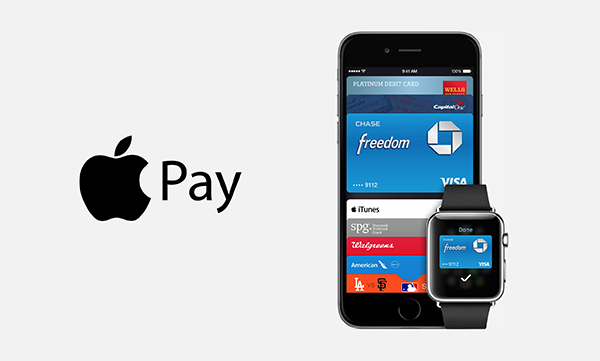
November 17th, 2015 by Elma Jane
Get your Business Ready for Apple Pay and Let your Customers know you Accept Apple Pay!
Business owners can order Apple Pay Decals for their Stores. Each Packs includes Two Glass Decals and Two Register Decals in different sizes, and a tool for affixing the ads to the appropriate surfaces. Those who need more than five will need to call Apple to place an order.
Apple made the Apple Pay Logo available for download and provided a PDF explaining its guidelines. Apple specifies that the Apple Pay Logo should be placed ahead of similar marks for other payment services like MasterCard and Visa. The guidelines document of the payment mark are available from the Apple Site.
It’s easy!
Click here to download Apple Pay mark to use within email, on your terminal screen, and on your website.
Order Apple Pay decals for your store to put on your storefront window and register.
National Transaction Terminals with EMV/NFC (near field communication) Capability to accept Apple Pay, Android Pay and other NFC payment transactions at your business. Give us a call now at 888-996-2273.
Posted in Best Practices for Merchants Tagged with: Android Pay, Apple Pay, EMV, MasterCard, Near Field Communication, nfc, payment services, payment transactions, terminals, visa







